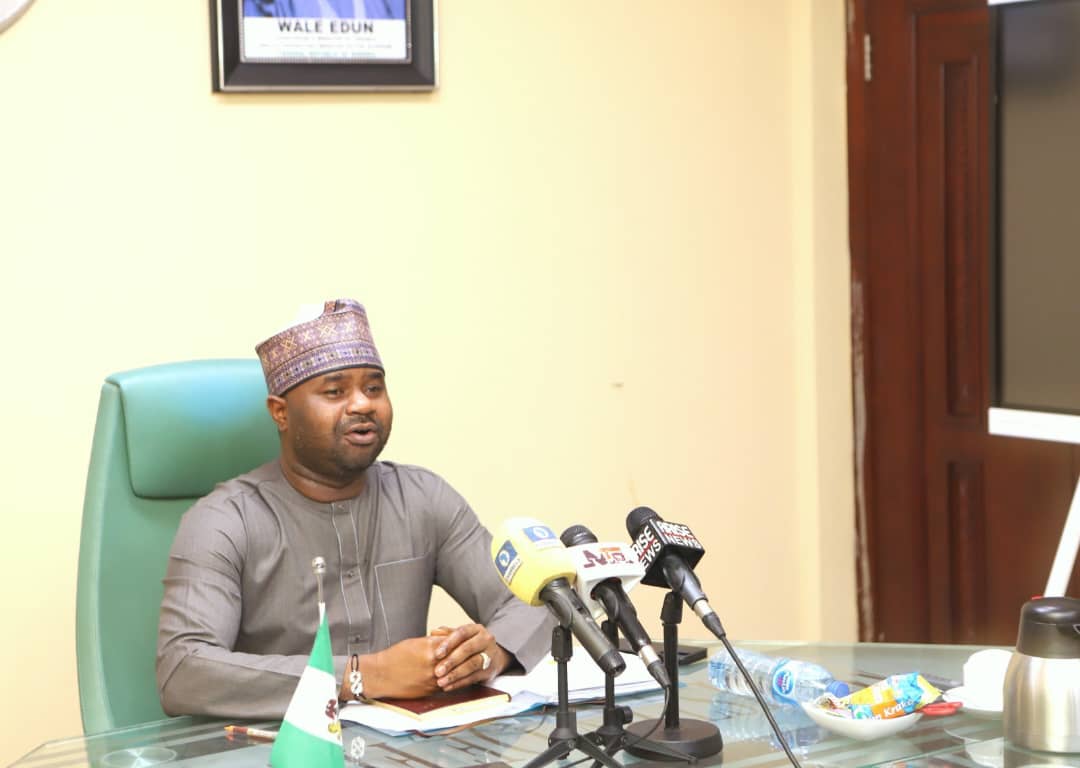Nigeria Attracts Over $8 Billion in Investments for Deepwater and Gas Projects

The Nigerian Presidency has announced that the country has secured over $8 billion in investments for deepwater and gas projects within a year, thanks to government reforms and improved business conditions.
This was revealed by Olu Verheijen, Special Adviser to President Bola Tinubu on Energy, during her address at the 2025 Africa CEO Forum in Abidjan, Côte d’Ivoire.
According to Verheijen, the success is attributed to government reforms, including better tax conditions, faster approval processes, clearer rules, and improvements in the power sector, which have made gas-to-power projects more attractive to investors.
These reforms have resulted in a significant increase in investments, with over $8 billion committed to deepwater and gas projects in just one year.
The government’s reforms have focused on improving fiscal terms, streamlining contracting timelines, and providing greater clarity on local content rules.
Additionally, power sector reforms have enabled gas-to-power commercial viability, making Nigeria a more attractive destination for investors.
One notable achievement is the increase in Nigerian ownership of the country’s gas sector, which has risen from 69% to 83%.
This represents a major step forward in giving Africans more control over their own energy resources.
Verheijen urged African nations to shift from seeking help to becoming deliberate investment destinations, guided by clear policies and focused strategies.
She pointed to Nigeria as a success story, having moved “from gridlock to green light” and attracted strong investor interest.
She also called on African financial institutions, including development banks and sovereign wealth funds, to fill the investment gap left by international oil companies (IOCs) with the right tools and risk-sharing strategies, not just funding.
Verheijen highlighted Africa’s strengths in onshore, shallow water, and domestic gas projects, where local players like Seplat, Oando, and Renaissance Energy are already making significant progress.
She also cited the Dangote Refinery, the world’s largest single-train refinery, as proof that African ambition, capital, and talent can deliver projects at a global scale.
Recently, the Executive Secretary and Chief Executive Officer of the Nigeria Extractive Industry Transparency Initiative (NEITI), Dr. Ogbonnaya Orji, stated that Nigeria needs $20 billion annually for 10 years to invest in gas infrastructure.
In 2024, the Minister of Finance and Coordinating Minister of the Economy, Wale Edun, led a signing ceremony to approve the Consolidated Guidelines for Fiscal Incentives in the Oil & Gas Sector, a key part of the Presidential Directive to boost Nigeria’s global competitiveness and drive economic growth.
Overall, Nigeria’s success in attracting over $8 billion in investments for deepwater and gas projects demonstrates the country’s potential for growth and development, and serves as a model for other African nations to follow.









